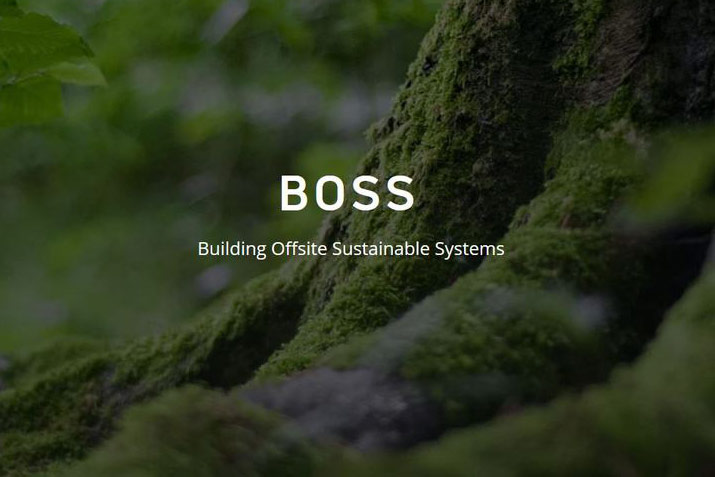

Canadian based offsite builder launch prefab construction solution (open-source building system) using engineered timber
BCollective, a small Vancouver-based company that designs and builds eco-friendly homes, is on a mission to establish and collaborate with others (open-source sustainable building system) on the path to net zero homes.
Chris Hill, BCollective President, and his team have committed significant resources to accelerate the adoption of sustainable building practices, and they’ve embarked on a project to deliver their learnings and efficiency dividends utilising prefabrication into an open-source, replicable system.
It is called BOSS (Building, Offsite, Sustainable, System) and it’s a prefab construction solution using an engineered timber-based structure. It achieves the international recognised Passive House certification, and uses 100 per cent electric and renewable sources of energy.
The project also caught the attention from CleanBC and they’re supporting it through the Building Innovation Fund.
“If we can share this knowledge or this process and method and show a path that can reduce costs and still provide a great building, we will actually make a difference,” said Hill.
Part of the project includes developing a series of standardised prefabricated components that can be repeated and plugged into the open source designs.
“If we keep doing stick building like in the 1920s, we won’t see progress,” Hill said.
Hill believes a prescriptive approach that provides the industry with designs, materials knowledge and methods could turbocharge the adoption process.
“We want to be like here’s a plan, use and adapt it. Here is 80 to 90 per cent of the work done for you,” said Hill.
BCollective is currently designing and studying a 280 square metre duplex and a 840 square metre multi-family home with up to nine suites. Hill said the biggest challenge of the project is finding the balance between flexibility and repeatability.
“We don’t want a cookie cutter home,” said Hill. “We want to maintain that flexibility to have unique homes that fit the character of our different lives but still maintain the efficiency we get from repeatability and this is what is discussed at every meeting and on every decision.”
One example of this is a shift away from larger panels because having to transport them with cranes and other special equipment could be a barrier to remote communities or crowded cities. Smaller panels allow for more materials and windows and are more repeatable for more locations.
Hill said BCollective intends to have more announcements on the project later this year.
See: bcollective.ca/boss
Click Here to return to the home page for more articles.